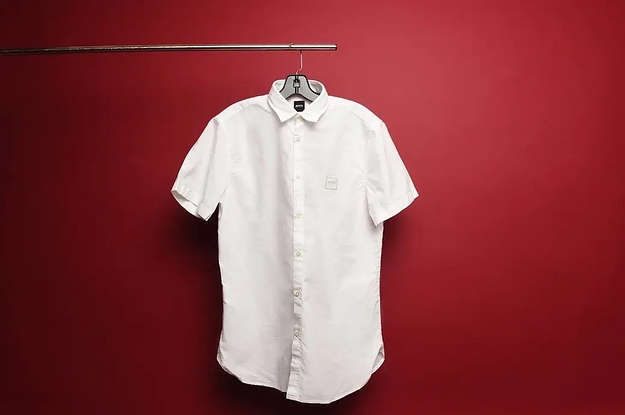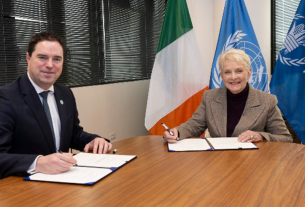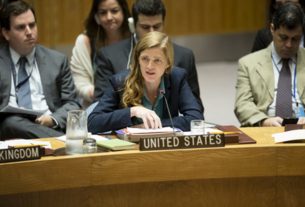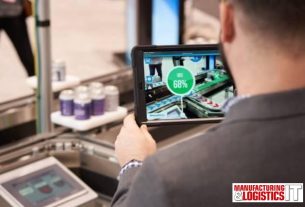Hugo Boss has quietly removed subsidiaries of a Chinese textile giant from its supplier list days after BuzzFeed News raised questions about the Chinese company’s deep ties to the Xinjiang region, where forced labor is rampant.
Last month BuzzFeed News reported that Hugo Boss and several other major clothing brands were continuing to ship clothes made by Esquel Group, a company that gins and spins cotton at facilities in Xinjiang, where the Chinese government is carrying out a campaign of mass imprisonment and forced labor targeting Uyghurs, Kazakhs, and other Muslim minorities.
Forced labor is so widespread in the region and supply chain audits are so difficult to carry out that it is almost impossible to establish whether forced labor is being used there, experts say. The US placed trade restrictions on one of Esquel’s Xinjiang-based subsidiaries in July 2020, and in January 2021 banned all cotton from Xinjiang, both times citing concerns about forced labor.
But Hugo Boss and other apparel brands kept sourcing clothes from other Esquel companies based in Guangdong, southern China, and importing them to the United States to sell. Procurement records and company statements reviewed by BuzzFeed News show that Esquel’s Guangdong branch works together with its Xinjiang-based cotton spinning factories, and Esquel’s own public statements make clear that its Xinjiang cotton production is deeply intertwined with its worldwide clothing operation.
Since the ban against all cotton began, at least 17 Esquel shipments have arrived in the US for Hugo Boss, according to Panjiva shipping records.
Hugo Boss did not reply to a question about why it changed its supplier list, and Esquel did not immediately respond to a request for comment. The BuzzFeed News story was published on Jan. 13. According to archived versions of the brand’s website on the Internet Archive, the Esquel companies were removed from the supplier list sometime between Jan. 15 and 24.
Around this time, one more Esquel shipment did make it to the United States. Carrying cotton shirts and pants, the shipment arrived at the Port of Seattle on board a container ship called the OOCL Oakland, bound for Hugo Boss Canada, according to Panjiva shipping records. The haul was worth $50,100.



